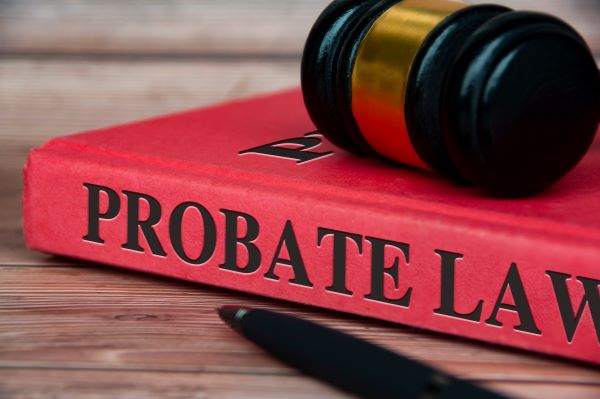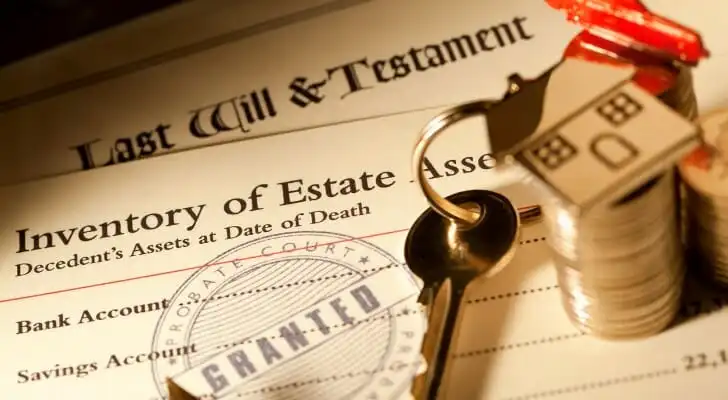Understanding the Probate Process in Texas
The probate process in Texas involves several steps that must be followed to ensure a deceased person's estate is managed and distributed according to their wishes. This process typically begins with filing the will and other necessary documents with the probate court, which officially opens the estate and allows for the appointment of an executor.
In Texas, the probate process can vary depending on whether the deceased left a valid will or died intestate (without a will). Executors must notify heirs and creditors, inventory assets, and settle debts before distributing the remaining assets to beneficiaries. Understanding these steps is crucial for anyone involved in probate matters to avoid potential legal complications.
Common Challenges in Probate Cases
Probate cases can present various challenges that may complicate the distribution of an estate. Disputes among heirs, challenges to the validity of the will, and issues related to the management of estate assets are some common hurdles that can arise during the probate process.
Additionally, delays in court proceedings and the need for professional appraisals can prolong the probate timeline, leading to increased costs and frustration for the involved parties. Being aware of these challenges can help individuals prepare and seek appropriate legal guidance to navigate the process more smoothly.
Essential Documents for Probate Filing
When filing for probate in Texas, certain documents are required to move the process forward. These typically include the original will, a death certificate, and a petition for probate, among other relevant paperwork that demonstrates the legitimacy of the will and the need for probate.
In some cases, additional documents such as an inventory of estate assets and a list of beneficiaries may also be necessary. Ensuring that all required documents are accurately prepared and submitted can significantly impact the efficiency of the probate process and help prevent delays.
How to Choose a Probate Attorney
Selecting the right probate attorney is crucial for successfully navigating the complexities of the probate process. A knowledgeable attorney can provide invaluable assistance in understanding legal requirements, managing paperwork, and representing your interests in court.
When choosing a probate attorney, consider factors such as their experience in probate law, client reviews, and their approach to communication. It's also beneficial to schedule a consultation to discuss your specific needs and evaluate whether the attorney is a good fit for your situation.




